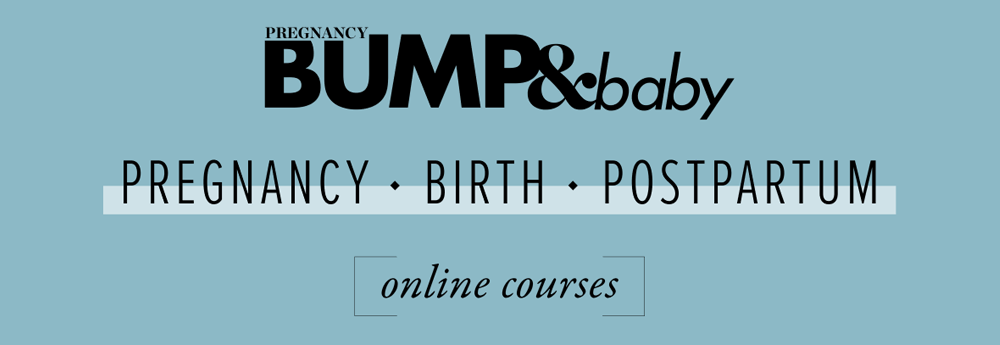
Rather than comparing your child’s development to others, how about celebrating your child’s uniqueness with milestones meaningful to your own family.
In the old days, when I first trained as an early childhood teacher, we tended to think about child development in a linear way. That is, we learned about kids as though they all had their development unfurl predictably along an imaginary straight line. We pretty much used to think about children’s development all happening according to something of a script: “at 4-months, they roll. At around 8-months, they’ll start to sit. At 12-months, they will say one word at a time. Expect sharing by around age 3 and wobbly teeth from your 6-year-old.”
Some of this thinking is really useful. Certainly, if children have developmental delays that will benefit from some external support or intervention, the earlier they can get that help the better. And it can be helpful for parents to have a concept of vaguely when to expect certain things for practical reasons: for example, a baby born in February will be a 10-month-old by December, thus highly likely to trash the lower branches of the Christmas tree. Plan to have it on a table or in a playpen for that first year.
Similarly, an idea of when most children start (or stop) various behaviours can create something of a reasonable expectation of a child, and this can help reduce parental frustration. It’s easier to manage if you know that 6-month-old babies who wake in the night are normal, that toddlers who express frustration via tantrums are normal, or that 6-year-olds with potty mouths are normal.
But here’s where I’d like to propose something a wee bit radical. Even knowing how useful it is to be aware of what typical child development might look like, I think it’s equally useful to chuck that information out the window. At least sometimes. This windowchucking is partly because of the work of a gentleman named Professor Urie Bronfenbrenner. He describes another way of viewing child development. Instead of thinking about a long, straight evolution, he encourages us to think of a series of circles, like ripples on a pond. The central circle is the child. The next ripple out is the child’s immediate circle, his family. Aside from the child’s own makeup – that is, his biology and temperament – the circle of family is his biggest influence.
Go another layer beyond that and you get the immediate circumstances of the family. This is the stuff that influences family in the day-to-day. It’s community stuff, like, where does the family work and live? Are there a dozen fast food restaurants nearby, or is there a farmer’s market? Do Mum and Dad work? The next circle also includes the influence of school, early childhood experiences, and teachers. The biggest ripple belongs to the influences of the wider culture, including government.
But back to the middle of the ripple, for a moment. Back to the child. Because each of those children are born with individual differences, their own sensory processing systems, and unique temperaments. So it follows that each of our children, in their one-of-a-kind bodies, within unique families and different contexts, will absorb different influences. What’s more, they’ll express these in their own individual ways.
If this is so, we’re allowed to cast off the comparisons and pressures that come with “is he walking yet?” or “does she sleep through the night yet?” (pretty much any question that comes with “yet” on the end). We will do well to immune ourselves against that pressure, about who is meeting which milestone, and when.
In fact, I’d love to encourage each family to celebrate individualised milestones, in addition to the classics such as beginning to wave goodbye, taking the first step and so on. For example, if you’re a family who is heavily into horse riding, that’s going to influence your child’s development. If your child is lucky enough to be being raised bilingual, this will influence his development. Your family’s passions (and geography) will impact how they develop. A child born to an enthusiastic surfer deserves to have “first wave caught” in her baby book, right there with “first rolled over”.
Give it some thought. What really matters in your whanau? How about celebrating those milestones as well as (or instead of!) those shared with everyone else?
By Miriam McCaleb. Miriam is a teacher, a writer, a mother and a keen gardener. Her website www.baby.geek.nz is a wonderland of resources for thinking parents.
BUMP&baby
BUMP & baby is New Zealand’s only magazine for pregnancy and early babyhood. Our team of mums and mums-to-be understand what it’s like to be pregnant in this connected age, and that’s why BUMP & Baby online is geared toward what pregnant women and new mums really want to know.
Other articles of interest
10 pregnancy facts
From why twins could in fact be half-brothers or half-sisters, to why you need to monitor your baby’s movements … here are 10 facts about pregnancy you need to know!






